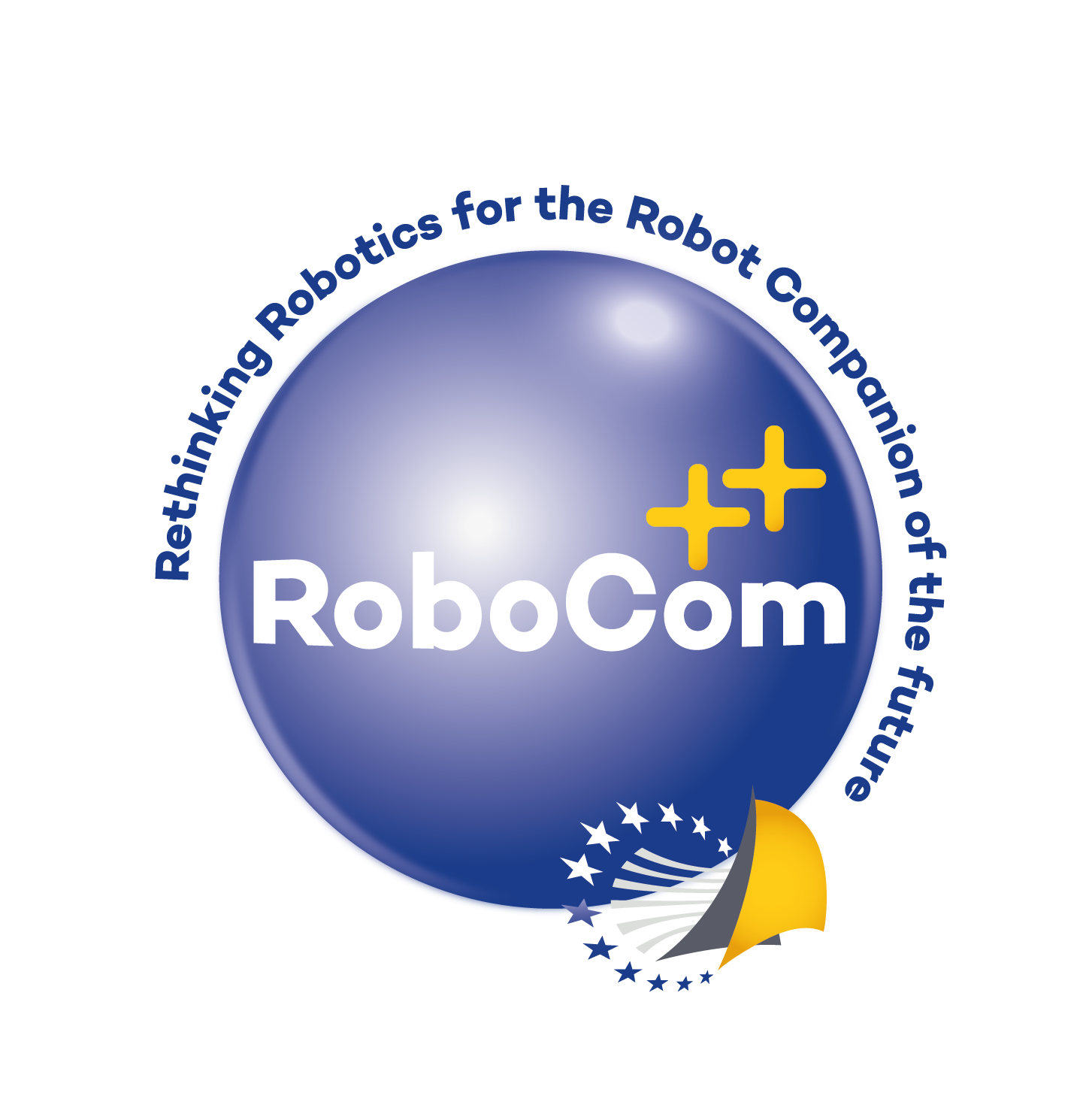While the current mechatronics paradigm is based on the integration of components and sub-systems into systems where the richness of functions results in an increase of complexity, in living organisms the complexity of body and functions and of their interaction with the environment is managed by means of various simplification mechanisms that reduce the complexity of control and energy consumption without reducing functionality.
The main goal of this WG: “Energy Management in Natural and Artificial Agents” is to explore the development of alternative energy sources, for example based on metabolic-like chemical processes, and of different approaches to bio-inspired energy optimization strategies for Robot Companions.
This WG aims to identify different solutions for building a new generation of robots, with enhanced motor capabilities in walking, running, grasping, and other functions, and for achieving significantly higher energy efficiency.
Close cooperation of this WG3 – Energy Management in Natural and Artificial Agents with WG1 – Embodied Intelligence in Natural and Artificial Physical Agents and with WG2 – Soft Robotics and Bodyware will be established in order to better identify the needs of future robot in terms of energy and materials.
